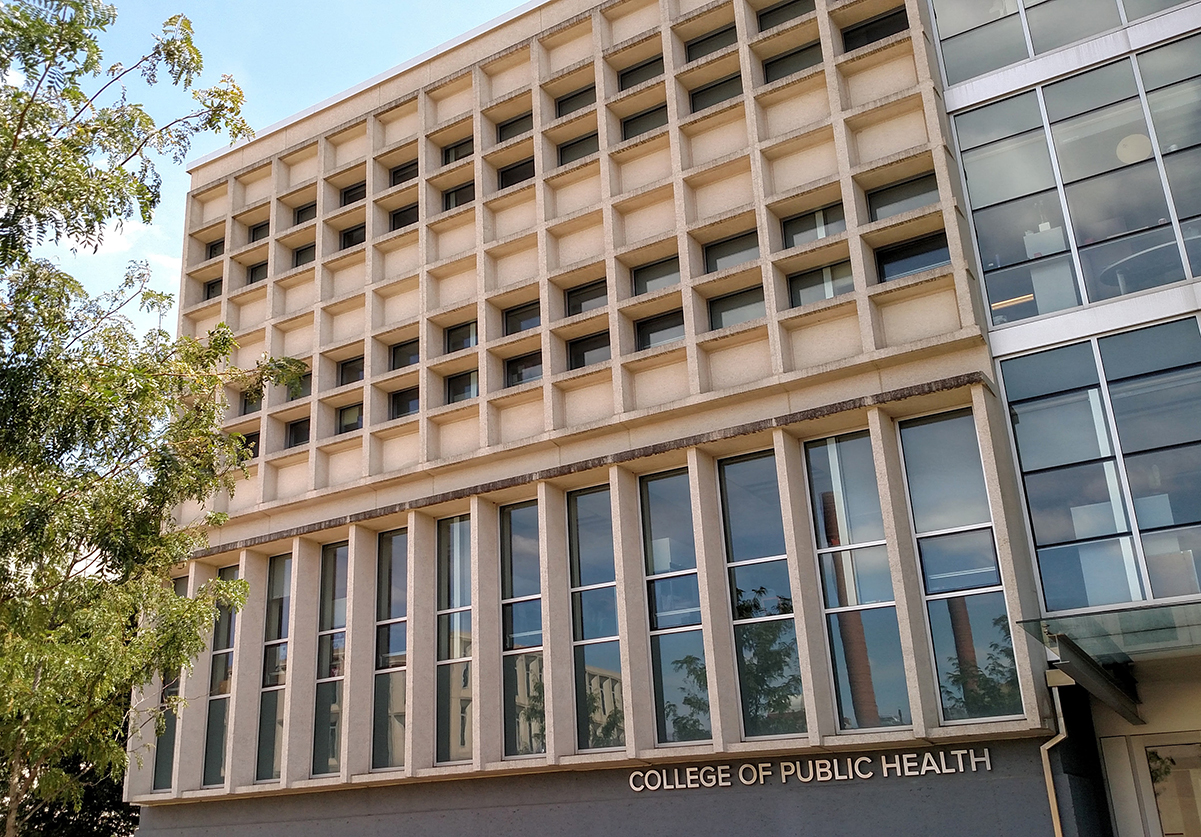Student scholarships help MPH student reach her dream
College is expensive. Scholarships help.

Second-year Master of Public Health student Vanora Davila — like millions of other students — is all too familiar with how daunting it can be to pay for college.
But that didn’t stop her from pursuing her dreams in public health.
“I was drawn to public health after working as a teacher for three years in the Rio Grande Valley along the Texas-Mexico border,” said Davila, who’s specializing in epidemiology. “Seeing the multitude of public health issues that plagued adolescents in my community made me realize the importance of understanding how relationships between people, places, economies and politics contribute to inequities in health access.”
She decided to further her education at Ohio State — despite the cost of being a non-funded graduate student.
Fortunately, the College of Public Health offers many academic and travel-based scholarships for its students, thanks to the generous support of alumni, donors and the university community. Because of this support from the college, Davila has been able to offset the cost of school by thousands.
Apply to CPH scholarships by April 1 >>
The scholarships she’s received include the Mary Plummer Memorial Scholarship, founded in honor of public health practitioner Mary Plummer and awarded to a single epidemiology student each year. Davila also received an academic scholarship that assists continuing, non-funded MPH students.
“This support is very helpful in alleviating some of the financial stress that comes from completing a graduate degree,” said Davila, who expects to graduate this May.
“A lot of students who could benefit from scholarships simply don’t apply,” said Kynthia Droesch, director of the college’s Office of Academic Programs and Student Services, adding that a newly formed scholarship committee has been revising the application process to ensure it’s as streamlined as possible.
Davila’s advice: The key to getting a scholarship is a little planning.
“Give yourself the opportunity to obtain a scholarship by staying on top of deadlines and creating calendar reminders ahead of time,” she said. “It’s definitely important to plan ahead so you can have enough time to tell your story through the application.”
At their core, scholarships are about helping students reach their goals after graduation, Droesch said. For Davila, that means entering a role where she can empower and educate people about health issues, as well as ensure that all communities have access to high-quality health services.
“I knew public health would give me the knowledge and skills needed to understand and address health disparities, as well as contribute to improved access to health care in my community.”
Applications for academic scholarships and summer-term travel awards are due April 1. Learn more about applying.
About The Ohio State University College of Public Health
The Ohio State University College of Public Health is a leader in educating students, creating new knowledge through research, and improving the livelihoods and well-being of people in Ohio and beyond. The College's divisions include biostatistics, environmental health sciences, epidemiology, health behavior and health promotion, and health services management and policy. It is ranked 22nd among all colleges and programs of public health in the nation, and first in Ohio, by U.S. News and World Report. Its specialty programs are also considered among the best in the country. The MHA program is ranked 5th and the health policy and management specialty is ranked 21st.